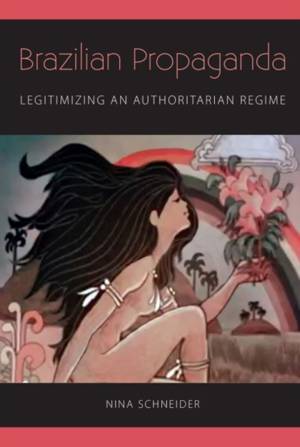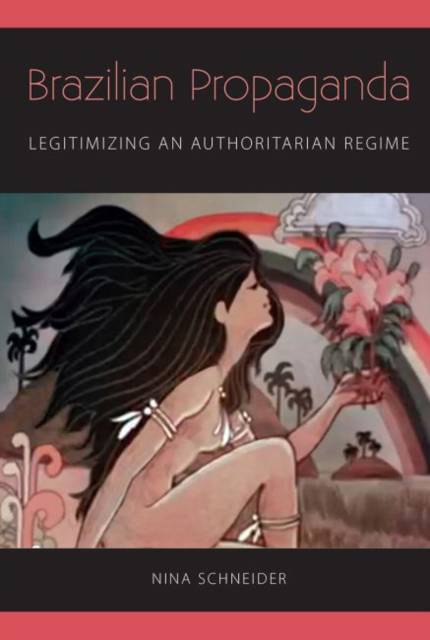
- Afhalen na 1 uur in een winkel met voorraad
- Gratis thuislevering in België vanaf € 30
- Ruim aanbod met 7 miljoen producten
- Afhalen na 1 uur in een winkel met voorraad
- Gratis thuislevering in België vanaf € 30
- Ruim aanbod met 7 miljoen producten
Zoeken
€ 33,95
+ 67 punten
Omschrijving
In Brazilian Propaganda, Nina Schneider examines the various modes of official, and unofficial, propaganda used by an authoritarian regime. Such propaganda is commonly believed to be political, praising military figures and openly legitimizing state repression. However, Brazil's military dictatorship (1964-1985) launched seemingly apolitical official campaigns that were aesthetically appealing and ostensibly aimed to "enlighten" and "civilize." Some were produced as civilian-military collaborations and others were conducted by privately owned media, but undergirding them all was the theme of a country aspiring to become a developed nation. Focusing primarily on visual media, Schneider demonstrates how many short films of the period portrayed a society free from class and racial conflicts. These films espoused civic-mindedness while attempting to distract from atrocities perpetuated by the regime. Mining a rich trove of materials from the National Archives in Rio and conducting interviews with key propagandists, Schneider demonstrates the ambiguities of twentieth-century Brazilian propaganda. She also challenges the notion of a homogeneous military regime in Brazil, highlighting its fractures and competing forces. By analyzing the strategy, production, mechanisms, and meaning of these films and reconstructing their effects, she provides an alternative interpretation of the propagandists' intentions and a new framework for understanding this era in Brazil's history.
Specificaties
Betrokkenen
- Auteur(s):
- Uitgeverij:
Inhoud
- Aantal bladzijden:
- 234
- Taal:
- Engels
Eigenschappen
- Productcode (EAN):
- 9780813064246
- Verschijningsdatum:
- 21/05/2019
- Uitvoering:
- Paperback
- Formaat:
- Trade paperback (VS)
- Afmetingen:
- 152 mm x 229 mm
- Gewicht:
- 349 g

Alleen bij Standaard Boekhandel
+ 67 punten op je klantenkaart van Standaard Boekhandel
Beoordelingen
We publiceren alleen reviews die voldoen aan de voorwaarden voor reviews. Bekijk onze voorwaarden voor reviews.











